Kenya to Set Up a Body Organ and Tissue Donation Bank
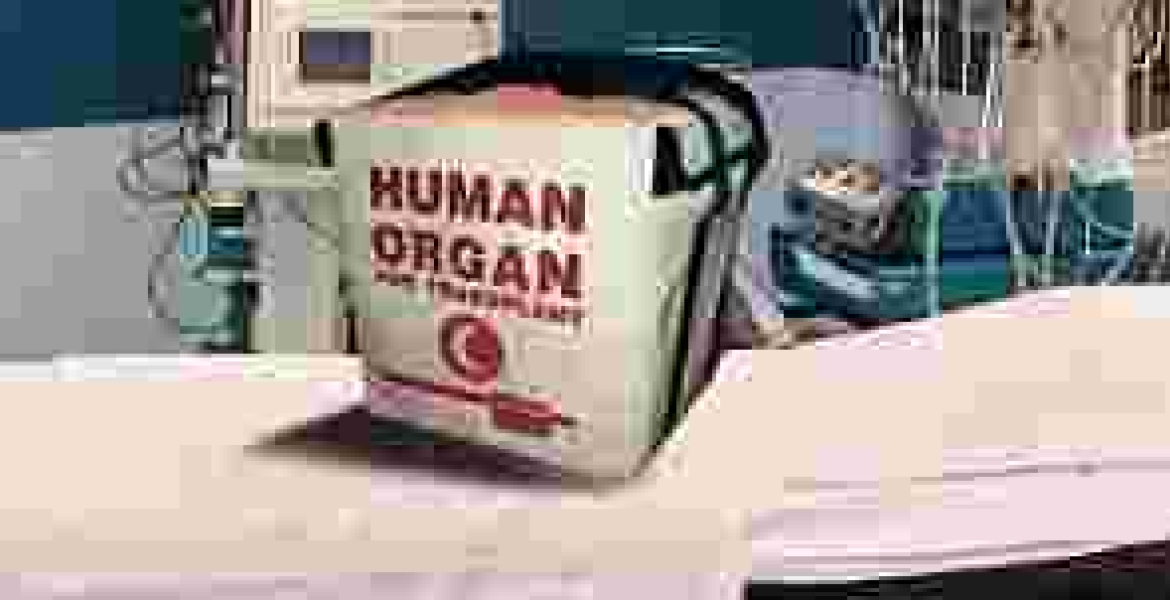
Kenya is set to establish a body organ and tissue bank that will accept donations from both the living and dead.
The body organ and tissue donation bank will be domiciled at the East Africa Kidney Institute (EAKI) on Ngong Road in Nairobi and will begin operations in September.
EAKI director Peter Mungai said the pilot program will involve kidney donations since the organ is in high demand.
Donors will give to an anonymous recipient on the national waiting list and the match between the two is based on medical compatibility.
“This program is all about a bank match where donated organs and tissue will be stored awaiting a transplant where receivers will easily get their match. The kidney donation will be given priority after which other tissues and organs including the liver, pancreas, cornea, lungs, and the heart will be open for donations,” said Prof. Mungai.
Mungai said donations through the bank will help reduce the kidney disease burden in the country as well as help those with Chronic Kidney Disease (CKD) to live a normal life through transplants.
Kenyan law states that an adult person can only donate a kidney or body organ and not sell it to a willing buyer. Anyone who charges a fee for a human organ commits an offense and is liable on conviction to a fine not exceeding Sh10 million or to imprisonment for a period not exceeding 10 years or both.
A willing donor is required to undergo a series of tests before undergoing surgery to ascertain that they are in good overall physical and mental health and older than 18 years of age.
“Medical conditions such as uncontrolled high blood pressure, diabetes, cancer, certain infections, or an uncontrolled psychiatric condition, could prevent you from being a living donor,” Prof Mungai said.
Donors must also be fully informed of the known risks involved with donating and complete a full medical and psychosocial evaluation.
“Your decision to donate should be completely voluntary and free of pressure or guilt,” he added.
An independent donor advocate will represent the interests and well-being of the potential living donor.
The donor is then taken to an operating room, where organs are surgically removed by qualified surgeons. The organs are put in the bank match and will later be transported to hospitals where the recipient is waiting.

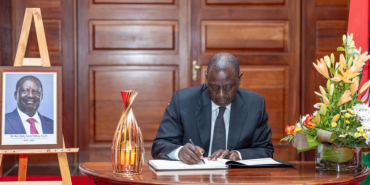
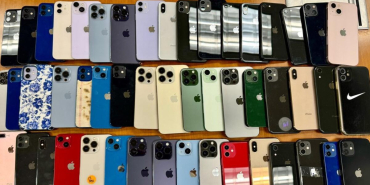

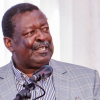

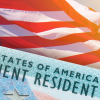
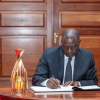
Comments
The beginning of the end for…
Permalink
The beginning of the end for the less fortunate youth in Kenya.
You just don't set up body…
Permalink
You just don't set up body organ and tissue bank. You need to first write laws, policies and procedures, before you start harvesting organs from the poor, vulnerable and low social economic populations. For I believe this is what
it will come to. Furthermore, how are the organs going to be distributed; by locality or by class. I work in transplant and the programs are managed by federal government (DHHS OPTN, and UNOS). Remember siltation of organs from poor people for monetary basis is illegal.
https://www…
Permalink
https://www.businessdailyafrica.com/bd/data-hub/kenya-sets-up-organ-tis…
John Wanjohi, you just don't go around copy-pasting other people's work. Shame on you!!!
Add new comment